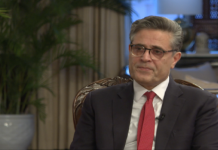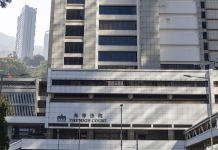BEIJING: Two new entries from China, Taijiquan and the Wangchuan ceremony, were added to UNESCO’s intangible cultural heritage list on Thursday. Taijiquan, also known as tai chi, is a traditional physical practice characterized by relaxed, circular movements that works in harmony with breath regulation and the cultivation of a righteous and neutral mind.
The two items were added to the list during the 15th session of the Intergovernmental Committee for Safeguarding Intangible Cultural Heritage, which is being held virtually, from Monday until Saturday, and hosted by Jamaica. Originating during the mid 17th century in Wenxian county in Henan Province in central China, it is now practiced throughout China by people of all ages and by different ethnic groups, according to the official website of UNESCO. Taijiquan’s basic movements center on wubu (five steps) and bafa (eight techniques) with a series of routines, exercises and tuishou (hand-pushing skills, performed with a counterpart). Influenced by Daoist and Confucian thought and theories of traditional Chinese medicine, the practice has developed into several schools (or styles) named after a clan or a master’s personal name. These are passed down through clan-based transmission or the master-apprentice model, and build upon the yin and yang cycle, and the cultural understanding of the unity of heaven and humanity.
– The Daily Mail-China Daily News exchange item






